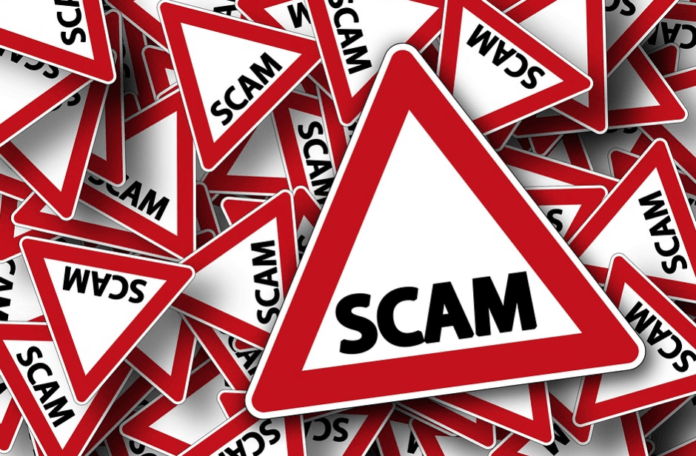Following the severe weather this past weekend, Iowa Attorney General Brenna Bird is warning Iowans of scammers and shady contractors who exploit natural disaster victims. These fraudsters prey on vulnerable Iowans seeking repairs after a natural disaster, draining their bank accounts while failing to deliver.
Iowans should be on guard for clean-up, home repair, and construction contractors, including those seeking business door-to-door and asking for advance payment.
“The storms that tore through Iowa over the weekend destroyed homes and livelihoods,” said Attorney General Bird. “My heart goes out to every Iowan who was hit. This is when we need to lean on each other more than ever, neighbor-to-neighbor, and keep an eye out for those who seek to take advantage of Iowans’ hardships. Iowans are resilient, but they should not need to fight off scammers while rebuilding their lives. Before hiring a contractor, take your time, do your research, and protect yourself from falling victim to a storm-chaser scam. My office is always a resource to those who suspect they are being targeted by scammers.”
Top 8 Tips to Avoid Storm-Chaser Scams:
1. Beware of Aggressive Sales Tactics: Do not feel pressured to immediately make repair choices. Get multiple estimates before agreeing to repairs.
2. Check Contractor Reputation: Before signing a contract or paying any money, check a contractor’s reputation through government resources and with trusted family, friends, and neighbors. Resources include:
- Iowa Workforce Development Contractor Registration: https://laborportal.iwd.iowa.gov/iwd_portal/publicSearch/public.
- Better Business Bureau complaint database: www.bbb.org.
- To see if a contractor has been part of a lawsuit involving a scam or shady situation, visit Iowa Courts Online: https://www.iowacourts.state.ia.us/ESAWebApp/DefaultFrame.
- Contact the Iowa Attorney General’s at consumer@ag.iowa.gov or (515) 281-5926 to check complaint history.
3. Verify Contractor Identification: Request a contractor’s driver’s license and take pictures of their vehicles’ license plates.
4. Get a Written Contract: Avoid large up-front payments and never sign a contract that allows the contractor to exclusively decide on final price, scope of work, or materials.
5. Work Directly with your Insurance Company: Do not let the contractor negotiate repairs with your insurer or let them act as your adjuster. While contractors can advise you, your insurance company is your primary contact.
6. Avoid Risky Payment Methods: Never pay by bank wire transfer, gift card, cryptocurrency, or cash.
7. Beware of FEMA Scams: Know that FEMA does not charge application fees. If someone wants money to help you qualify for FEMA funds, it is a scam.
8. Know your Cancellation Rights: In most situations, you have three business days to cancel a home repair contract after signing it.
Governor Kim Reynolds has issued two disaster proclamations in recent weeks related to the severe weather. Those proclamations are in effect for Allamakee, Cass, Des Moines, Fayette, Henry, Lee, and Pottawattamie counties. The proclamations trigger state regulations prohibiting price gouging in the affected counties during the period of the proclamation and up to an additional six months.
Price gouging occurs when an Iowan is charged excessive prices for essential goods or services following disaster. Whether a price is excessive is generally based on pre-disaster prices. The law recognizes a reasonable pricing structure for the recovery period that may allow some increase in prices.
If you are suspicious of a storm-chaser scam or price gouging, contact the Iowa Attorney General’s Office at 888-777-4590 or file a complaint online at https://www.iowaattorneygeneral.gov/for-consumers/file-a-consumer-complaint.

































